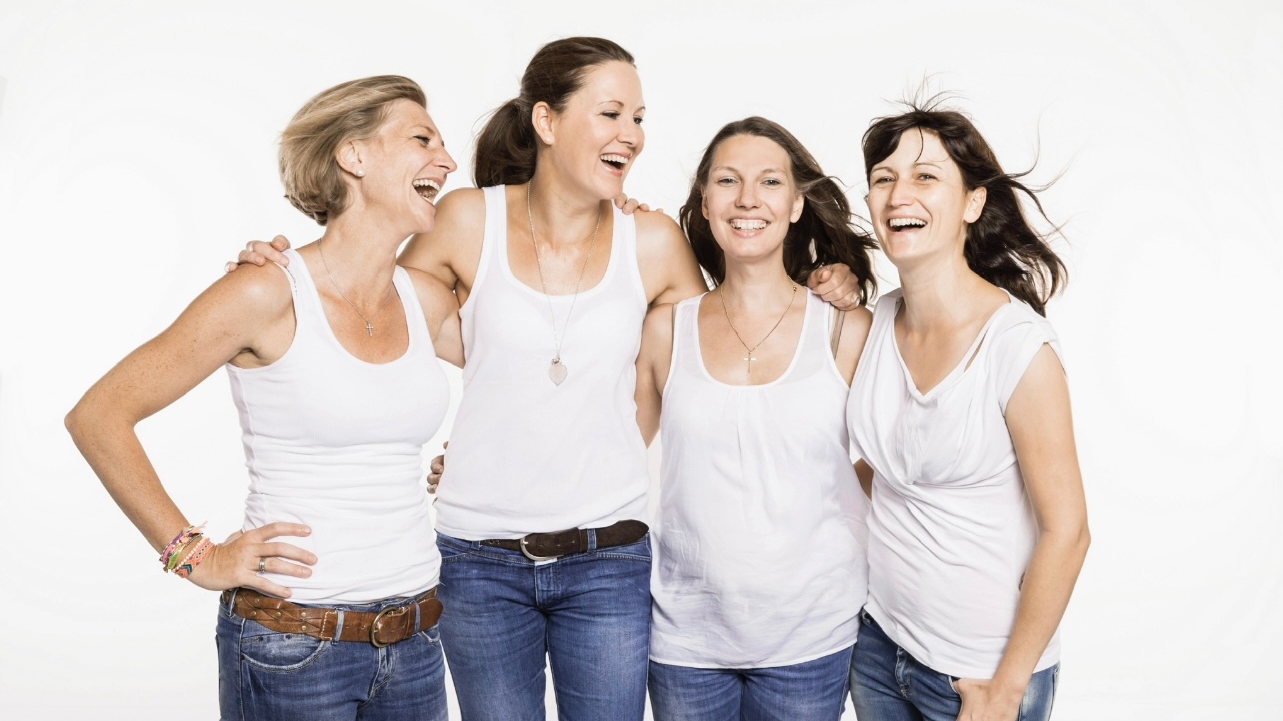Egg Freezing in Your 30s: Smart Move or Pressure Play?
You’ve seen the headlines. You’ve heard the buzz. Egg freezing is being hailed as the ultimate modern solution to “have it all.” Fertility clinics advertise it like insurance for your future self. Celebrities talk about it like it’s a wellness hack.
But behind the hashtags and clinic packages, women are asking the real questions:
Is freezing my eggs empowering — or just another pressure point?
Am I preserving choice, or postponing the inevitable?
If you’re in your 30s and wondering whether egg freezing is your next smart move or just another expensive “just in case,” this is the guide that breaks it all down — with science, stats, and no sugar-coating.
What Is Egg Freezing, Really?
Egg freezing — medically called oocyte cryopreservation — is the process of retrieving your eggs, freezing them unfertilized, and storing them for potential use in the future.
It was once only available for women facing medical treatments (like chemotherapy) that could affect fertility. Now, elective egg freezing is common for lifestyle, career, or personal choice.
Here’s How It Works (Step-by-Step)
1. Hormone Stimulation
• You inject daily hormones (for 8–12 days) to stimulate your ovaries to produce multiple mature eggs.
2. Monitoring & Bloodwork
• You’ll have ultrasounds and blood tests to track your response and timing.
3. Egg Retrieval (Under Sedation)
• A fertility doctor extracts your mature eggs via a needle through the vaginal wall — done under light anesthesia.
4. Cryopreservation
• Viable eggs are frozen using a method called vitrification, which prevents ice crystal damage.
5. Storage
• Eggs are stored in liquid nitrogen tanks until you’re ready to use them — which may be years later.
When’s the Best Time to Freeze Your Eggs?
Here’s the cold, hard science:
• Best time: Late 20s to early 30s
• Most common time: Age 34–38
• Egg quality begins declining around 35
• Success rates with frozen eggs drop significantly after age 38
But let’s be real: Most women don’t feel the financial freedom or life clarity to freeze eggs in their 20s. And many don’t start thinking seriously about it until their mid-30s.
The sweet spot?
Age 30–35 — when egg quality is still solid and life planning becomes more urgent.
How Much Does Egg Freezing Cost?
Let’s talk numbers — because this isn’t cheap.
• Stimulation + retrieval: $5,000–$10,000 AUD per cycle
• Medication costs: $2,000–$5,000
• Annual storage: $500–$1000
• Future IVF costs (to use eggs): $10,000+ per round
Most women need 1–2 cycles to retrieve enough eggs (15–20+ is ideal). And most private insurance does not cover elective egg freezing in Australia or the U.S.
Success Rates: What Are Your Chances, Really?
Let’s say you freeze 15 eggs at age 33.
Here’s your estimated chance of a live birth later:
• 1 egg: 4–6%
• 15 eggs: ~60–70% chance of at least one baby
• 20 eggs: ~80% chance
These are averages. Age at freezing is everything.
Freezing eggs doesn’t guarantee a baby — but it improves your odds later, especially if fertility declines or circumstances change.
Is Egg Freezing Empowering or Pressuring?
The Case for Empowerment:
• Gives you time and options
• Frees you from the “biological clock panic”
• Can reduce dating pressure
• Supports women prioritizing health, healing, or career
The Pressure Side:
• Marketed as a “must” or risk “regret”
• Clinics profit from your fear of aging out
• Can feel like another task women must take on alone
• Emotional toll if results don’t match expectations
Some women freeze and feel empowered. Others freeze and feel grief. Both are valid.
What It Really Feels Like (Emotionally + Physically)
• Hormone injections can cause bloating, mood swings, headaches, and fatigue.
• Retrieval is minor surgery — but recovery is usually fast (1–3 days).
• Emotionally, it’s a rollercoaster — even when it’s your choice.
You may feel:
• Relieved to “have a plan”
• Angry you’re doing this alone
• Hopeful, sad, proud, overwhelmed — often all at once
You’re not alone. Many women feel torn between gratitude for the option… and resentment that it feels necessary.
Questions to Ask Before You Freeze
1. Why am I considering this? (Pressure vs. desire)
2. Can I afford this without financial strain?
3. What are my actual chances based on age and health?
4. What’s my plan if I never use these eggs?
5. How will I feel emotionally — now and later?
Real Talk: Egg Freezing Is a Tool — Not a Guarantee
It’s not a promise. It’s not a failure. It’s not a moral decision.
Egg freezing is one option in the reproductive toolkit — and it’s okay to want it, reject it, or feel unsure.
Whether you freeze or not, your worth isn’t measured by eggs, plans, or babies.
You’re allowed to choose your own timeline — and define motherhood, womanhood, or legacy on your own terms.










